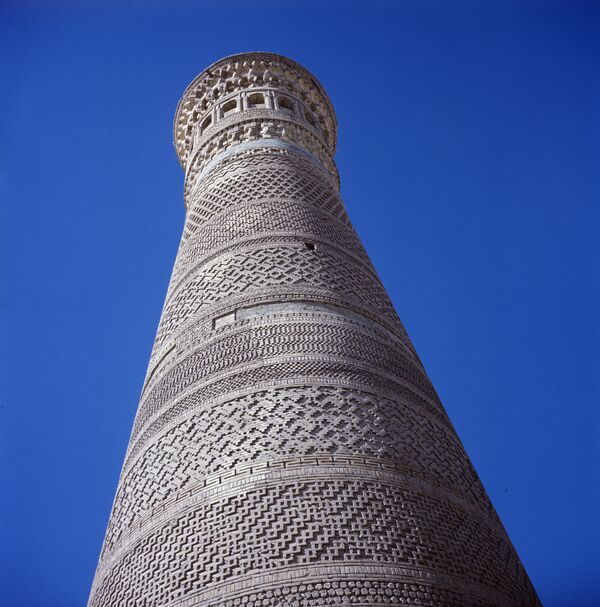It has finally happened, something the Swiss government so feared, something that made all European governments apprehensive: in a national referendum, the people of Switzerland backed a ban on building new mosque minarets.
Although, at 53%, voter turnout was not all that high for Europe's only direct democracy where all decisions are taken through nationwide voting, its repercussions are bound to thunder across Europe.
The paradox is that the people of Switzerland didn't forbid Muslims praying in mosques (or prayer houses, of which there are about 150 in Switzerland). The ban only affects the construction of new minarets in addition to the current four.
In 2005, a publication by Danish Jyllands-Posten of a series of 12 cartoons depicting the Prophet Muhammad sparked protests in Muslim nations and a boycott of Danish products, which stripped the country of $1.2 billion worth of trade with Muslim countries.
However, the Danish case differs from the Swiss one, even though they might seem similar. The Danish government and people stood up for the freedom of press to represent a variety of opinion, whatever form that might take. The Swiss case looks more like a blow to freedom of conscience and religious freedom.
Switzerland annually earns over $10 billion from business with Muslim countries. Around 170,000 people from the Gulf visit the country every year. It would be naive to think that these guests would take this attack on their fellow believers calmly. After all, Denmark didn't get away with it.
What is most surprising about the news is not the fact that it happened, but where it happened. Switzerland is the most cosmopolitan country in Europe. It has given refuge to political and religious outcasts for decades: a paradise of neutrality and the utmost political correctness.
The "minaret riot" in Switzerland is on the other hand is in alarming alignment with the pan-European spread of populist protests against "Muslim expansion" to Europe.
According to estimates, Switzerland is currently home to 350,000-400,000 Muslims, or 3.5% of the country's 7.7mn population - mainly immigrants from Turkey and the Balkans. This is not unusual in Europe. According to the EU data from June 2009, around 20 million Muslims lived in 27 countries of the European Union, where the total EU population is 500 million.
European analysts, however, admit that it is impossible to determine the accurate number of Muslims in the EU. Since this is usually done through questionnaires that are filled out voluntarily, many may or may not admit their relation to Islam. There have been rumors in Europe that its Muslim population could grow to 40% or even 50% by 2025.
Many analysts question these forecasts: the birth rate among Europe's Muslim population is falling steadily. Perhaps because they adopt European habits.
After the high-profile minaret referendum, many European governments are thinking hard how to prevent the "Swiss syndrome" from spreading to the part of their population which do not yet think Muslims are a threat. No one now doubts that Switzerland was a bad example for the rest of Europe.
The outcome of the referendum is evidence of significant changes underway in the European political stage and attitude to religious tolerance. But Europeans alone are not to blame for it.
One should bear in mind the statements that are often made on the other side of the line: some not only leave the audience dumb-founded, but also make one doubt whether these politicians themselves are aware of their potential consequences.
The anti-immigrant Swiss People's Party, or SVP, which sponsored the initiative, carried outrageous pro-ban posters, showing a black-veiled figure of a woman standing next to a Swiss flag (with white cross on red background) poked through with missile-like minarets. This was supposed to demonstrate what awaits Switzerland. The party did not pluck this idea out of thin air. A few years ago, the Turkish Prime Minister, Recep Tayyip Erdogan, made statement saying that minarets were the bayonets of Islam. How does that fit with the concept of religious tolerance?
Finally, if one small but powerful right-wing party in a direct democracy so skillfully maneuvered the Swiss through the referendum, essentially by substituting the minaret issue with the attitude toward religion and race, then isn't something awfully wrong with that democracy? If one party can easily insert a primitive populist idea in the nation's minds, and stir them into action, then where is Europe going?
MOSCOW. Andrei Fedyashin, RIA Novosti political analyst
The opinions expressed in this article are the author's and do not necessarily represent those of RIA Novosti.

